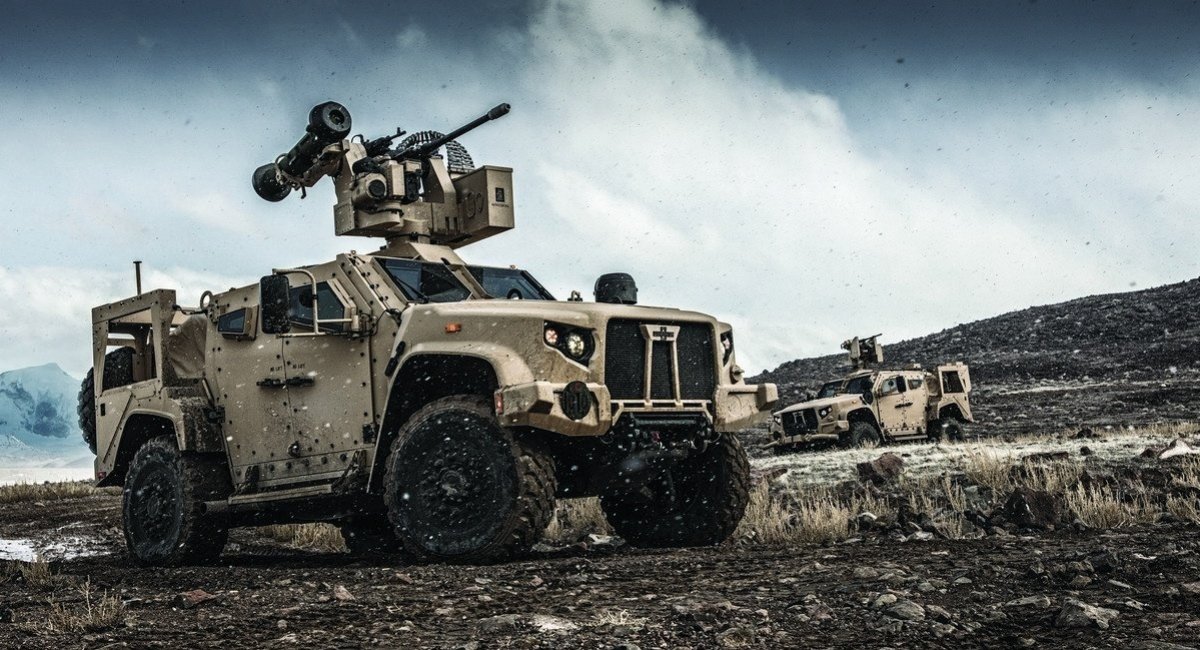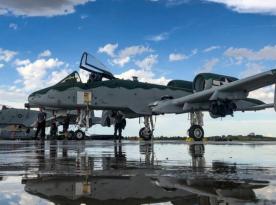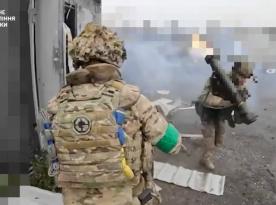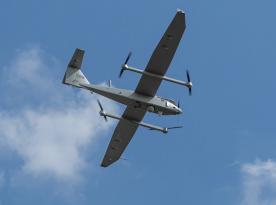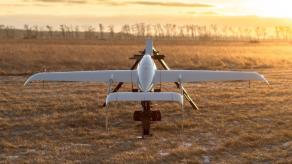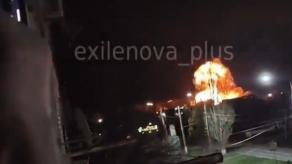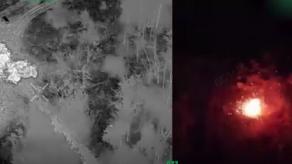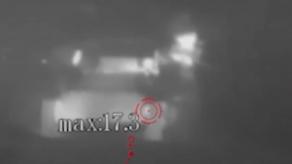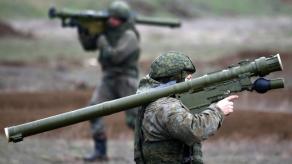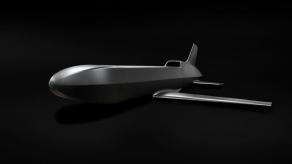Armor plates of russian origin and concerning quality were used in the production of Joint Light Tactical Vehicles (JLTV) for the U.S. Army, a Bloomberg report uncovers. For example, some plates were found with cracks.
The events described in the article took place back in 2017–2019, but it was only recently revealed that employees at Evraz North America Inc., a steel manufacturer with plants in Portland and Oregon, falsified quality control results for 12,800 armor plates. The primary recipient of these plates was Oshkosh Defense LLC, a major U.S. defense contractor responsible for producing JLTVs and other military vehicles.
Read more: From the U.S. to the Frontline: Contracts That Could Rewrite the Rules
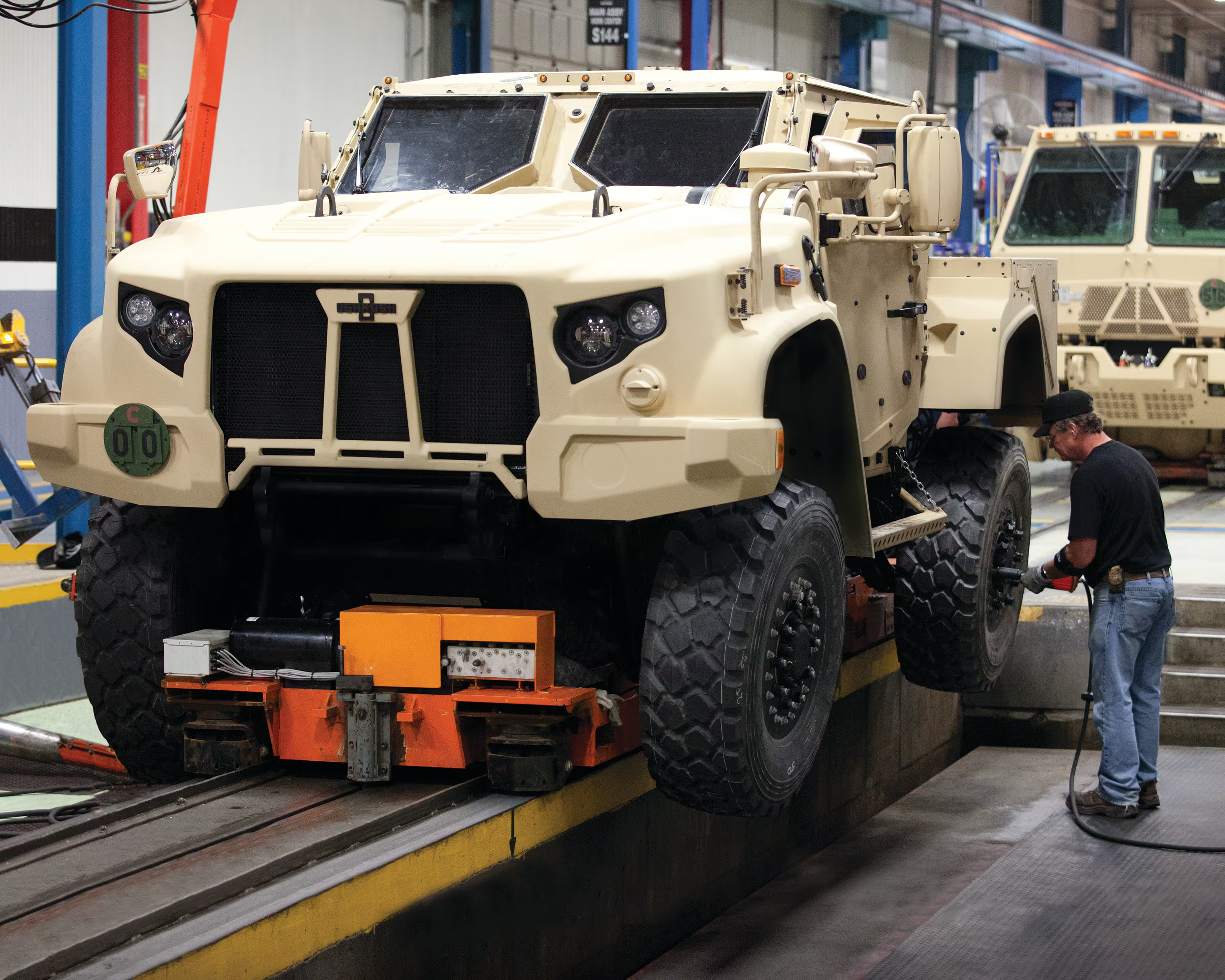
The main sources — an internal report and anonymous senior officials at Evraz — told journalists that the company, which operates in the U.S. but is ultimately owned by russian oligarch Roman Abramovich, manipulated test results. Instead of inspecting every armor plate as required, only a few were tested, while reports falsely stated that all met quality standards.
Over time, cracks began to appear in JLTV hulls, which was abnormal and could affect the reputation of the popular armored vehicle, sold all across the world and marketed as a highly resilient "go-anywhere, do-anything" light vehicle, capable of withstanding bullets, mines, and IEDs. According to official declarations, JLTV is designed for a 20-year service life.
The discovery of structural defects led to an investigation, and that's where the whistleblowers from a branch of Abramovich's metallurgical holding admitted to falsifying quality reports.
Interestingly, since 2022, Evraz North America Inc. has been attempting to sell its U.S. steel plants but has yet to find a buyer.
It remains unclear whether russian-sourced armor plates are still used in JLTV production or other military vehicles. However, this case raises broader concerns about the extent to which the American defense industry relies on components of russian origin.
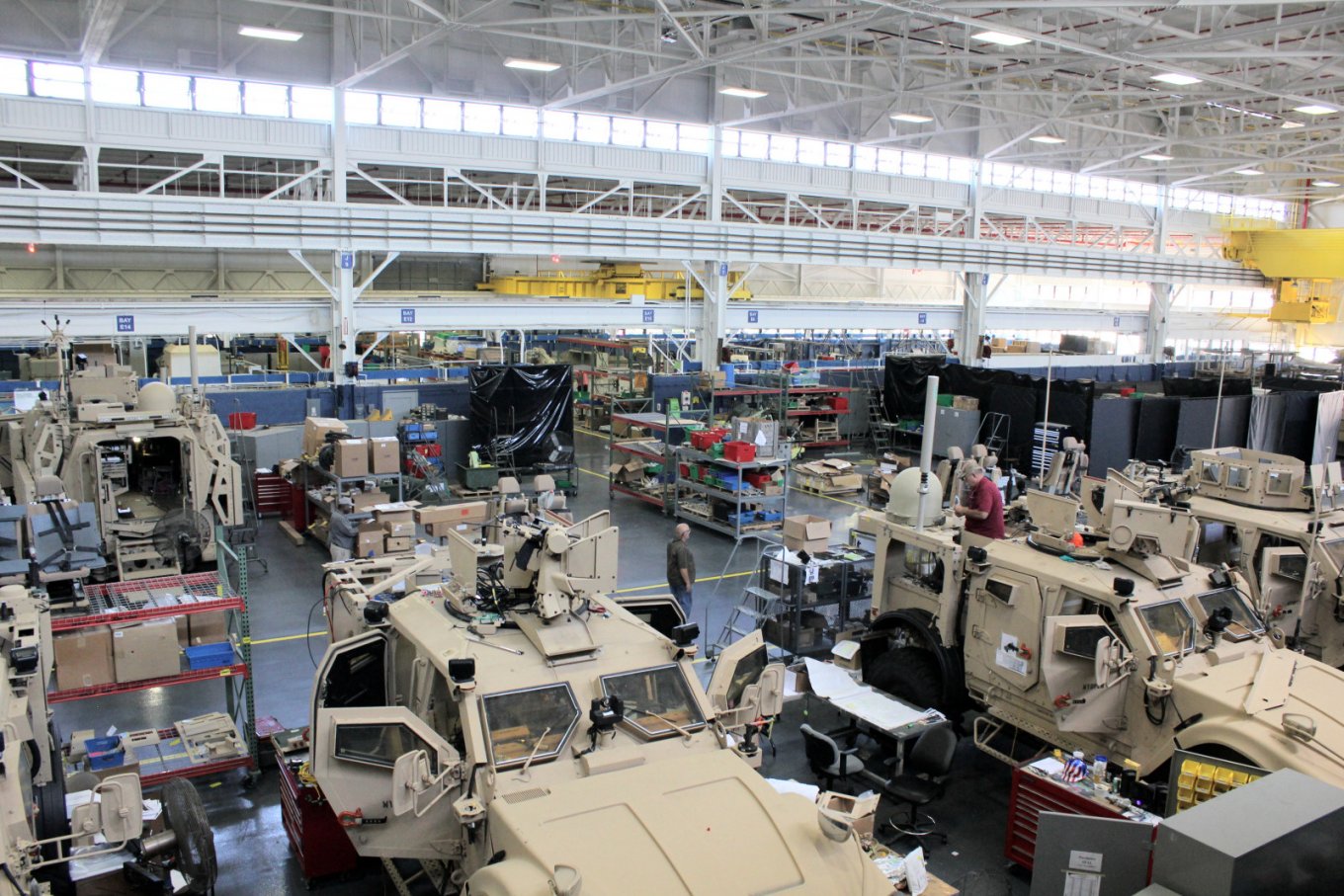
Read more: India Sought to Sell Most of Its 2,400-Strong T-72 Fleet, Now Buys Engines For Them From russia




